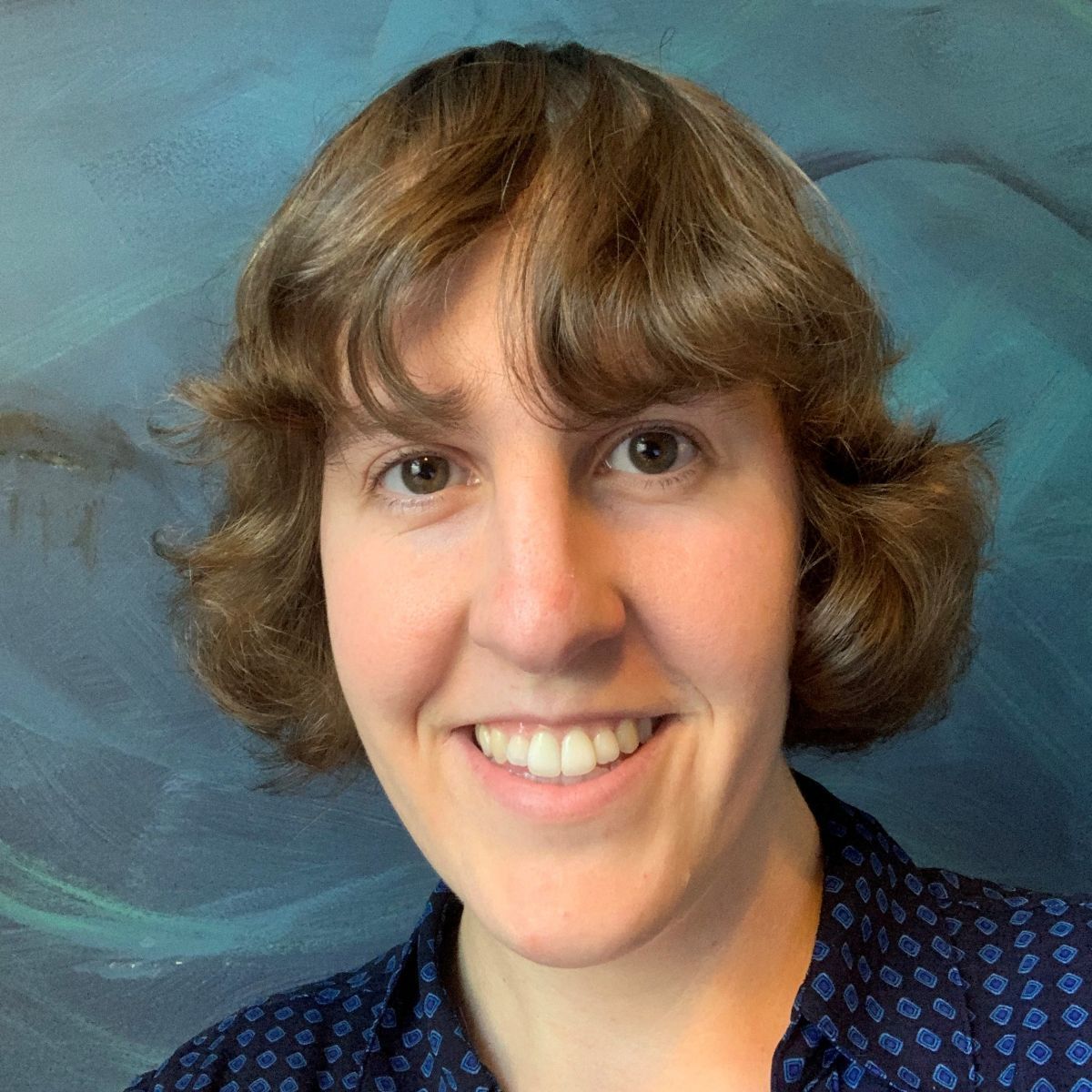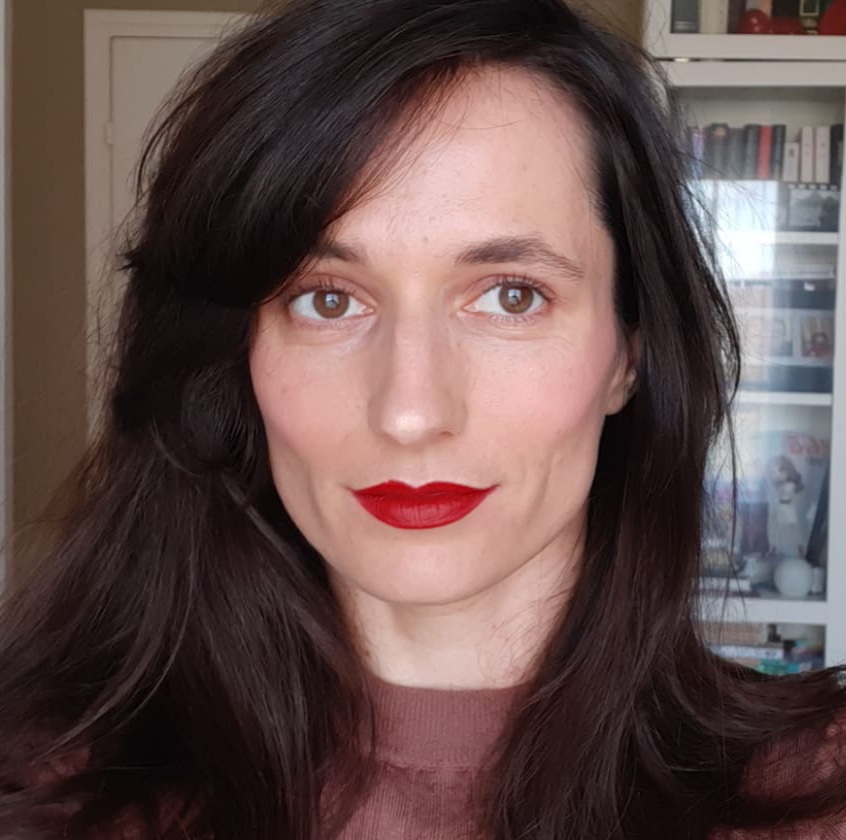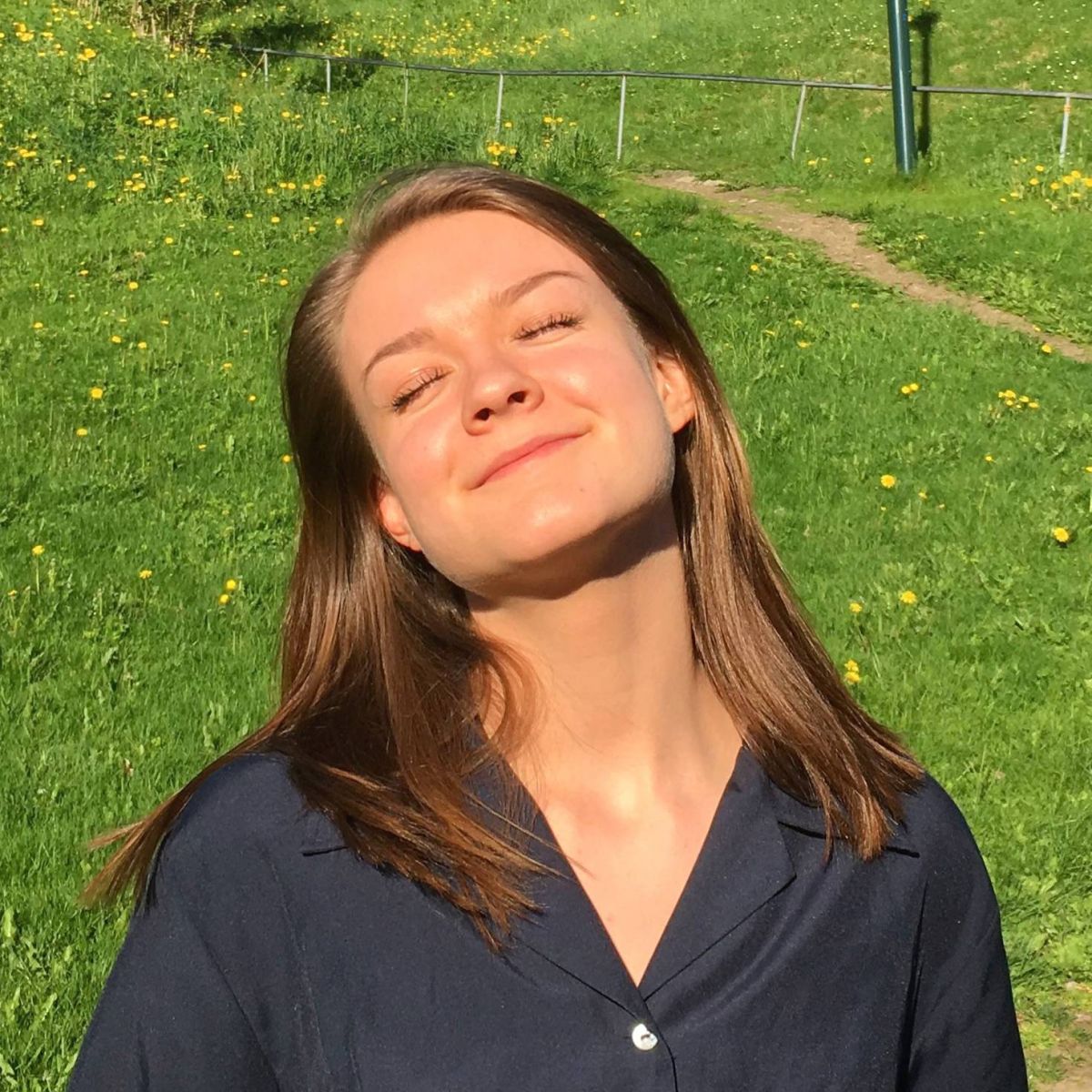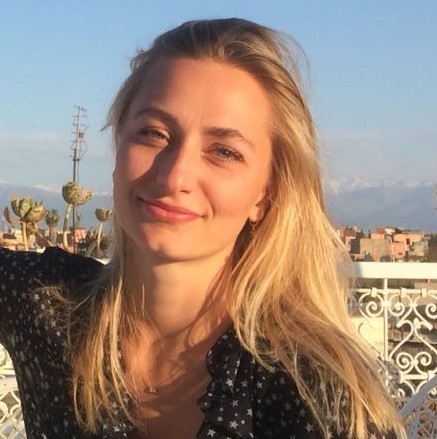Tell your story! How-to for authors
We believe that everyone has a story to tell. And we believe in first-hand experiences and personal stories to help us understand each other better. That makes you a potential correspondent, a Correspondent of the World!
We are excited to learn about your experiences and perspectives. We compiled this how-to section to give you an idea what we're looking for in a story, and hopefully will help you in writing your personal story. If you have any questions, do not hesitate to contact us at [email protected].

What to write about
The most important part of every CotW story is that it is personal. Our mission is to foster connection and understanding across the world by providing insights into individual experiences. One way we do this is by publishing personal stories sharing individual perspectives.
This means that our stories are not journalistic articles, academic papers or company pitches, but rather stories about the authors' - about your - individual experiences. And the focus is on your personal perspectives, insights, and feelings.
Focus Topics
Correspondents of the World currently mostly publishes stories relating to specific focus topics. The idea behind this is that if we collect multiple stories about the same topic, we can show its complexity - and highlight how different people experience the same issues in very different ways.
At the moment, we have six focus topics. We invite you to share anything related to these themes based on your personal experience.
- Environment: pollution, climate change, environmental justice and policy
- Gender: menstruation, career, violence, sexuality
- Migration: immigration, emigration, replacement, reasons (not) to migrate
- Coronavirus: healthcare, economic recession, quarantine, travel, caring for others
- Liberation: civil rights, police, countering oppression/discrimination
- Education: formal/informal education, self-study, life-lessons
If there is a story that you would like to write that does not fit under any of these topics, please send it in anyways. The topics are flexible and we will be happy to work with you on any personal story you would like to share.
Format and Structure
We're constantly experimenting with new ways to share your stories. At the moment, most of the stories we share are short, written pieces that readers can explore at their own pace.
-
People reading things online often prefer shorter texts. We found that stories of about 500 to 600 words are just long enough to contain all the important bits of a personal story, and short enough that people will actually read the whole story. When you write your story, you can use that as a guideline.
-
Be concrete and personal. Try to avoid using abstract and empty terms, and instead give specific examples (e.g. ‘sustainability’ is concretized in ‘more recycling of the plastic waste in Bogota’; or ‘air pollution’ is concretized in ‘all the smog I breathe daily in Kampala which stops me from doing sports outside’).
-
Our editors will help you to make sure that readers from all over the globe will be able to understand your story - even if it's all about your personal experience. We'll also help you to pick good pictures and quotes to go with your story and make it more accessible to an online audience.
A Note about Format
In order to make our stories even more accessible, we're looking into publishing them in other formats and media as well. That means that if you are interested in using visual media to tell your story, or would like to work with us on preparing a podcast episode or a workshop, please reach out to us and let us know.
Also let us know if you would like to tell your story but you are not confident writing it down. We'd love to interview you and co-write your story to still record and share your personal perspective.

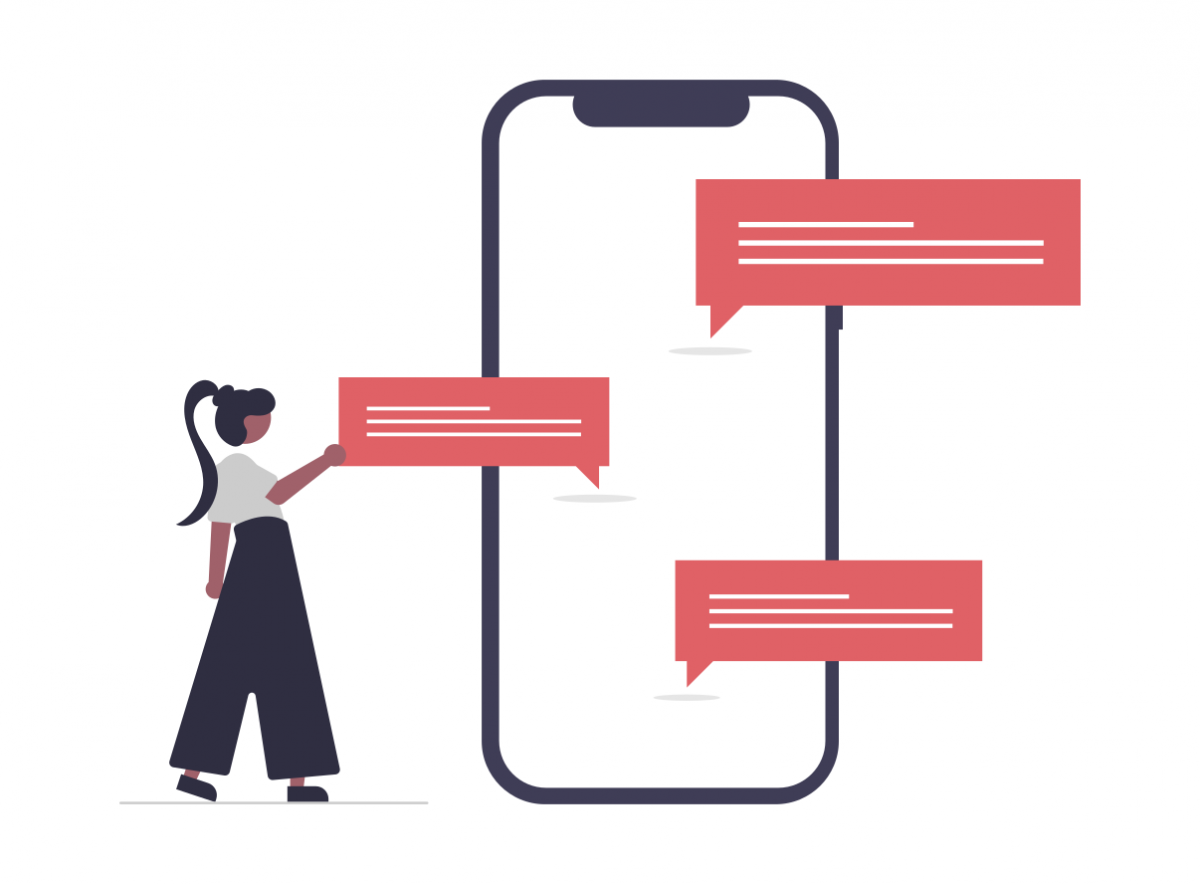
Tips
-
Your story topic should be about one topic so readers will best be able to understand your perspective on it. It helps to ask yourself: If I were to summarize the core message of my story into one phrase, what would that be? Examples:
“In Colombia, it is difficult for me to recycle because I am not wealthy.”
“When India instituted a quarantine to stop the coronavirus, I learned how my neighbors looked after one another” -
We really like anecdotes and personal nuances. Your personal story is something no one else can tell. And that's why we'd like you to tell it.
Examples
-
“When I moved from Chile to Germany, I felt very stressed about going grocery shopping. In Chile, groceries are packed by a store employee, but in Germany, you have to pack, sort and pay for your groceries all at the same time. So, I put everything in my shopping cart first and drive it aside.”
-
“I cycled to the train and saw someone sweating”, “I swam in the Amstel, our local river”
-
“I remember when... “, “In middle school...”, “My family used to..” etc.
-
You can include quotes and data. If you do, add references as footnotes and/or as links in the text.
-
For example, if you write, “it was the highest temperature ever in the Netherlands”, then you should explain what is a normal temperature, and provide a reference to back up your data.
-
You can mention local news, developments or programs that relate to problems or conditions you describe (if you do, include links or footnotes!)
-
For example: “In my city, there is an office that provides services for new immigrants” (and then provide a reference to that office)
Do not be afraid to express your opinions and share your experiences. This is your story and we want to hear it!
Language
-
Write in English: We share stories mostly in English, as that is the language the most readers will be able to understand. If you are comfortable writing in English, that makes it easier for our editors to give you feedback and help you to develop your story.
-
Write in other languages: If you prefer to write in your native language, we'll try to find a translator to help us out. We already have a bunch of great translators for languages like Spanish, French, Farsi, Cantonese, Korean and many others. You can find the full list here. And do let us know if you want to help us translate stories into your language!
-
Remember that we have readers from all over the world and English is not the native language of many readers on our platform. We really enjoy local expressions and terms - just remember to add a short explanation or footnote, so that we can learn about them.
-
NO hate speech: And finally, Please be aware that we do not tolerate any disrespectful language! As a general rule, avoid using any offensive language and mentioning personal characteristics such as race, sexuality, and disability if they are not relevant to your story. You might have guessed it by now: Hate speech goes against anything that we're about. So no hate speech!

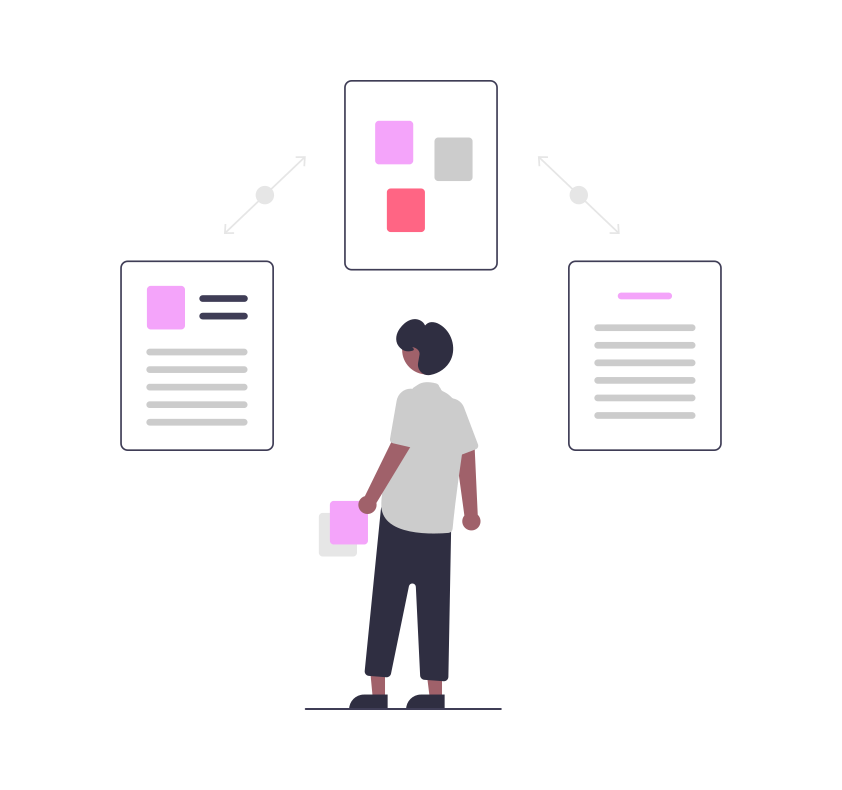
Sharing your story: A step-by-step
Each story and each author are unique, so our editing process is designed to be flexible. But overall, we have made good experiences with these few steps:
-
Reach out - Reach out to us to have a quick chat about your story. You can tell us a bit about what your story is about, and we can give you some tips to start of with - or discuss alternatives to writing a story, like doing a spoken interview if that's easier for you.
-
Submission - When you submit your story, it will be assigned to an editor. The editor will review your story in terms of clarity, grammar, spelling, and checks that your story fits in with our mission to share personal perspectives and experiences.
-
Edits - The editor will get in touch with you and send you edits and suggestions. You can review the edits, accept and reject the changes as you see fit, and send a final revised draft. You may also reach out to the editor with further questions or for support.
-
Final review - The final version of your story will be reviewed once again by the editor and other members of the team for a final check before publication. We'll ask you to fill out a consent form so we can share your story, and to send us any pictures/audio/video that could accompany your story.
-
Publication - Your story will be published on the website, and shared on social media. Our community team will then get in touch with you to chat about your interest in a follow-up to your story, and about ways for you to connect with other correspondents.
Meet our Editors
Find out more about the people who'd love to help you tell your personal story on Correspondents of the World.
Topics
We believe in quality over quantity. To give ourselves a focus, we started out to collect personal stories that relate to our correspondents' experiences with six different global topics. However, these topics were selected to increase the likelihood that the stories of different correspondents will cover the same issues and therefore illuminate these issues from different perspectives - and not to exclude any stories. If you have a personal story relating to a global issue that's not covered by our topics, please still reach out to us! We definitely have some blind spots and are happy to revise our focus and introduce new topics at any point in time.
Environment
Discussions about the environment often center on grim, impersonal figures. Among the numbers and warnings, it is easy to forget that all of these statistics actually also affect us - in very different ways. We believe that in order to understand the immensity of environmental topics and global climate change, we need the personal stories of our correspondents.
Gender and Sexuality
Gender is the assumption of a "normal". Unmet expectations of what is normal are a world-wide cause for violence. We hope that the stories of our correspondents will help us to better understand the effects of global developments related to gender and sexuality, and to reveal outdated concepts that have been reinforced for centuries.
Migration
Our correspondents write about migration because it is a deeply personal topic that is often dehumanized. People quickly become foreigners, refugees - a "they". But: we have always been migrating, and we always will. For millions of different reasons. By sharing personal stories about migration, we hope to re-humanize this global topic.
Liberation
We want to support the demand for justice by spotlighting the personal stories of people who seek liberation in all its different forms. Our correspondents share their individual experiences in creating equality. We hope that for some this will be an encouragement to continue their own struggle against inequality and oppression - and for some an encouragement to get involved.
Education
Education is the newest addition to our themes. We believe that education, not only formal but also informal, is one of the core aspects of just and equal society as well as social change. Our correspondents share their experiences and confrontations about educational inequalities, accessibility issues and influence of societal norms and structures.
Corona Virus
2020 is a year different from others before - not least because of the Corona pandemic. The worldwide spread of a highly contagious virus is something that affects all of us in very different ways. To get a better picture of how the pandemic's plethora of explicit and implicit consequences influences our everyday life, we share lockdown stories from correspondents all over the world.
Vision
At Correspondents of the World, we want to contribute to a better understanding of one another in a world that seems to get smaller by the day - but somehow neglects to bring people closer together as well. We think that one of the most frequent reasons for misunderstanding and unnecessarily heated debates is that we don't really understand how each of us is affected differently by global issues.
Our aim is to change that with every personal story we share.
Contact
Correspondents of the World is as much a community as an online platform. Please feel free to contact us for whatever reason!

